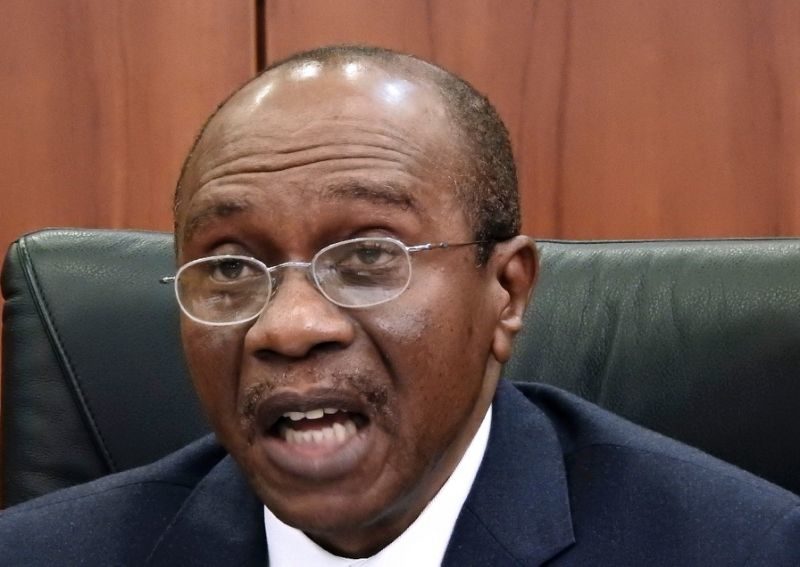The Central Bank of Nigeria, CBN, has reduced its Monetary Policy Rate, MPR, from 14.0 per cent to 13.5 per cent.
The CBN Governor, Mr. Godwin Emefiele, stated this, in Abuja, Tuesday, while briefing the press at the end of the 226th Monetary Policy Committee, MPC, meeting.
He said that the decision to loosen the MPR was borne out of the desire to reduce the cost of funds and to stimulate growth in various sectors of the economy.
The MPR had been retained at 14 per cent since July 2016.
He said, “Given the current macro-economic indicators and key market variables, committee (MPC) feels there is a need to signal a new direction and in which case we are talking about improved growth.
“In its argument, the committee was convinced that doing this would further the bank’s commitment to improved growth by way of encouraging credit flow to the productive sectors of the economy.
“The MPC also felt that signaling through loosening, by a marginal rate, would serve to manage the sentiments in capital flows in the market, owing to the wider spread in yields in Emerging Markets and developing economies relative to the advanced economies.
“More over the real interest rates will still remain positive. In the light of the above the MPC decided to reduce the Monetary Policy Rate by 50 basis points, that is 0.5 per cent. In summary, MPC voted to adjust the MPR by 50 basis points from 14 to 13.5 per cent.
“It also retained the asymmetric corridor of +200 /-500 basis points around the MPR; retain the CRR at 22.5 per cent and retain the Liquidity Ratio at 30 per cent.”
Justification for rate cut
Justifying the rate cut, the governor said, “There is a relationship between lending to the SMEs and the manufacturing sectors and our reducing rate today. We have decided to signal loosening of the rate which has been retained since July 2016 with a relative stability in the foreign exchange market since two and a half years.
“We feel this is the next phase to talk of growth, diversify the economy and create jobs. In doing this, we will continue to keep our eyes on the market, the inflation, the reserves to ensure stability in the market.
“We will continue to do what we have done in the past to keep the exchange rate stable, there is no need to worry in terms of the Naira coming under pressure.”
Emefiele said that even the Deposit Money Banks themselves were already gradually reducing lending rates and expressed optimism that going forward, the private sector operators would witness the significant impact of the new rate cut.
The policy, he explained, was pro-growth which had been long-desired by operators in the various sectors of the economy.
On the Cash Reserve Ratio window for banks to lend to the SMEs and manufacturing companies, the governor insisted that the provisions were only for Greenfield projects or expansion of operations.
The governor who urged the fiscal authorities to work towards making growth more inclusive, said that the MPC called for the rebasing of the nation’s Gross Domestic Product, GDP, an exercise which was last carried out in 2010.
He added that addressing power infrastructure remained critical to the success of various government efforts at stimulating growth in the economy.
Emefiele also called for inter-agency collaboration at curbing smuggling and dumping of goods in the country, a situation, he said, had led to the loss of jobs in the country and must not be allowed to continue.
The governor said that the federal government should take a firm stand and deal with economic and policy saboteurs in the country.
He welcomed the passage of the Minimum Wage Bill and called for its speedy implementation, in order to stimulate aggregate demand.

